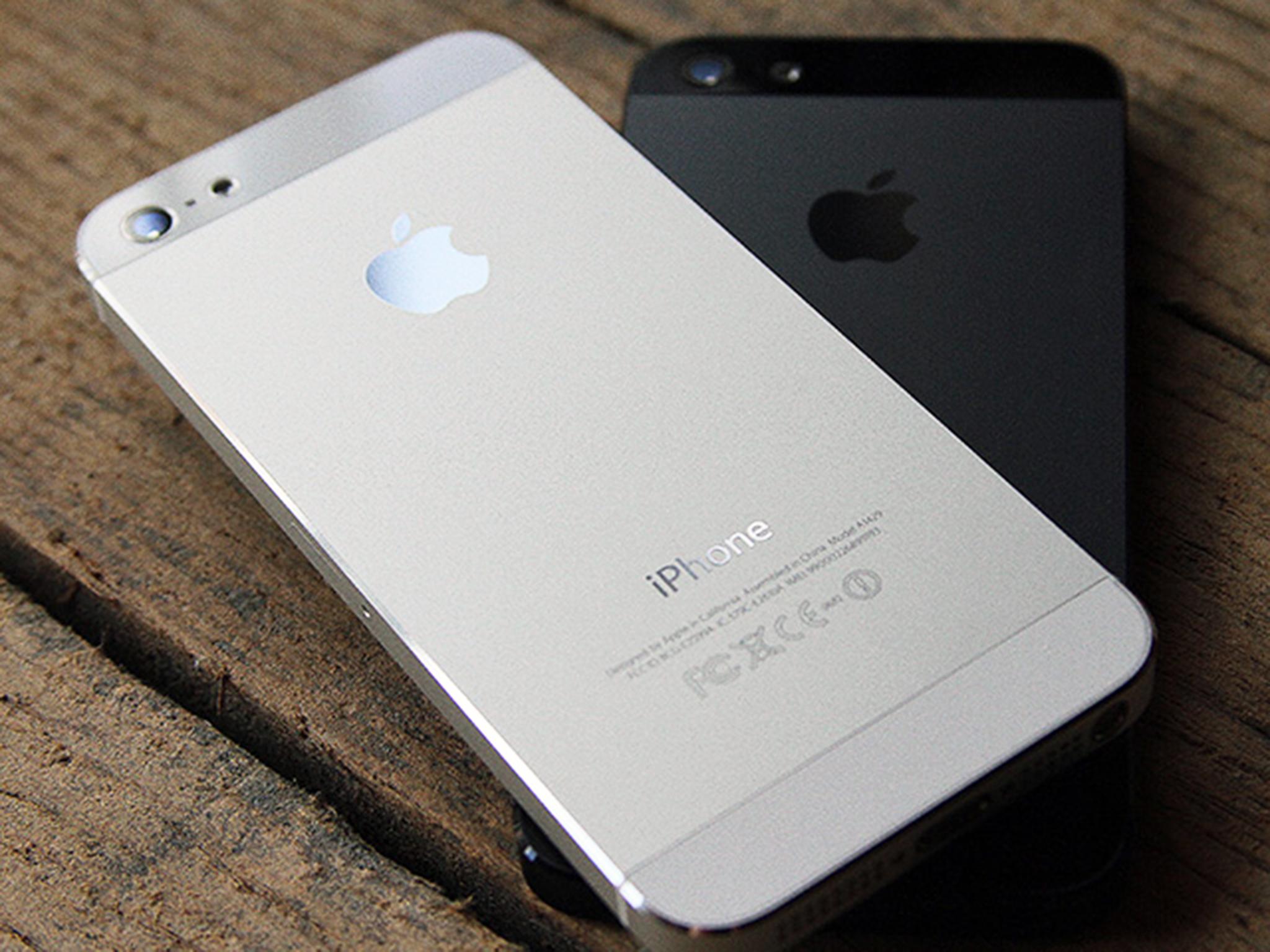iOS 11 will make older iPhones and iPads obsolete
They will stop receiving important security and performance updates, leaving them vulnerable to bugs and glitches

Your support helps us to tell the story
From reproductive rights to climate change to Big Tech, The Independent is on the ground when the story is developing. Whether it's investigating the financials of Elon Musk's pro-Trump PAC or producing our latest documentary, 'The A Word', which shines a light on the American women fighting for reproductive rights, we know how important it is to parse out the facts from the messaging.
At such a critical moment in US history, we need reporters on the ground. Your donation allows us to keep sending journalists to speak to both sides of the story.
The Independent is trusted by Americans across the entire political spectrum. And unlike many other quality news outlets, we choose not to lock Americans out of our reporting and analysis with paywalls. We believe quality journalism should be available to everyone, paid for by those who can afford it.
Your support makes all the difference.A number of current iPhone and iPad owners won’t be able to use the next version of Apple’s mobile operating system.
The company announced iOS 11 at its latest developer conference, teasing its plans for the future of the iPhone.
However, it’s now been confirmed that several of the company’s devices aren’t in line for the big update.
iOS 11 will not support the iPhone 5 – one of the best-loved models – or the iPhone 5C or fourth-generation iPad when it arrives in the autumn.
That means these devices will be stuck on iOS 10, the current version of the operating system, which will stop receiving important security and performance updates from Apple, leaving them potentially vulnerable to bugs and glitches.
That’s a serious problem. If you own an iPhone 5, iPhone 5C or fourth-generation iPad, now’s the time to consider either upgrading to a newer model or switching to another platform, like Android or Windows.
The three devices were the last to have been built on a 32-bit architecture. As expected, the company has completely switched over to 64-bit architecture.
As such, new iPhones and iPads won’t even be able to run 32-bit apps when iOS 11 arrives, which could prove problematic later down the line.
The software introduces a number of new features and improvements, including a more natural-sounding and capable Siri, and a clever new Do Not Disturb mode.
iOS 11 will be compatible with the following iPhone models:
- iPhone 7
- iPhone 7 Plus
- iPhone 6S
- iPhone 6S Plus
- iPhone 6
- iPhone 6 Plus
- iPhone SE
- iPhone 5S
iOS 11 will also support the following iPad models:
- 2.9‑inch iPad Pro
- Second-generation iPad
- 12.9‑inch iPad Pro (first generation)
- 10.5‑inch iPad Pro
- 9.7‑inch iPad Pro
- iPad Air 2
- iPad Air
- iPad
- Fifth generation iPad
- iPad mini 4
- iPad mini 3
- iPad mini 2
Join our commenting forum
Join thought-provoking conversations, follow other Independent readers and see their replies
Comments